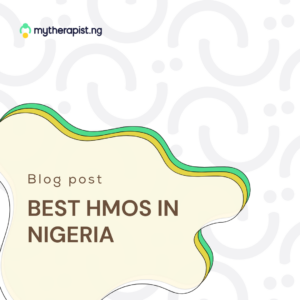Expressive Arts Therapy uses creative modalities—such as art, music, dance/movement, drama, and writing—to facilitate emotional expression, self-discovery, and personal growth. It can be especially helpful for individuals who find traditional talk therapy challenging or intimidating.
Key Points:
- Techniques: Drawing, painting, sculpting, improvisational drama, songwriting, journaling, movement exercises.
- Mechanism: Engaging in creative processes can bypass verbal barriers, allowing deeper emotional exploration and healing.
- Applications: Useful for trauma survivors, children and adolescents, and those struggling with verbal communication of feelings.
- Practitioners: Typically conducted by trained mental health professionals with additional expertise in arts-based interventions.



